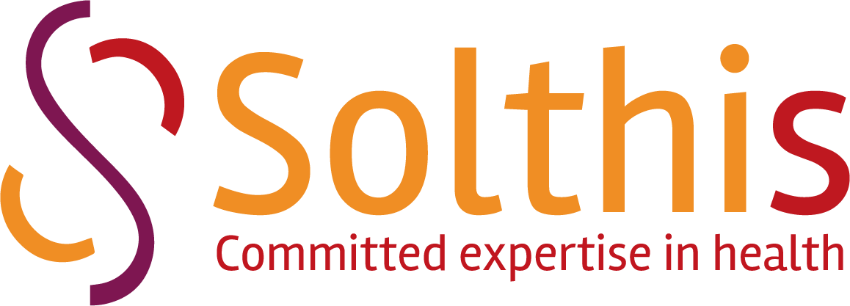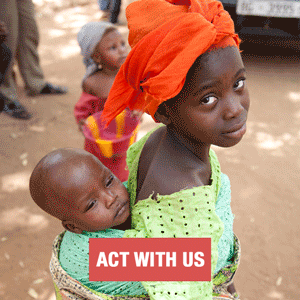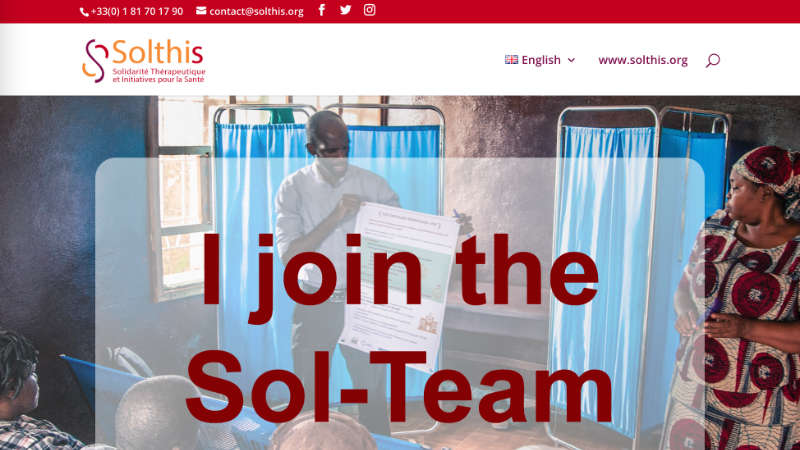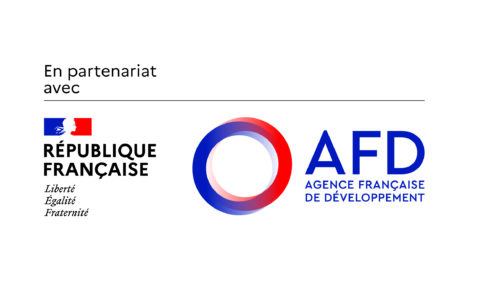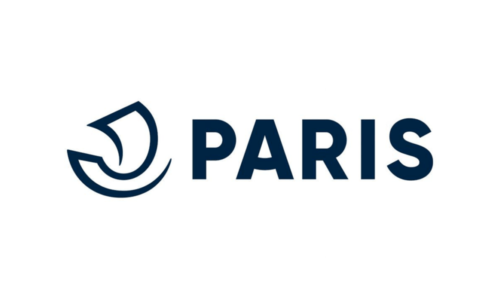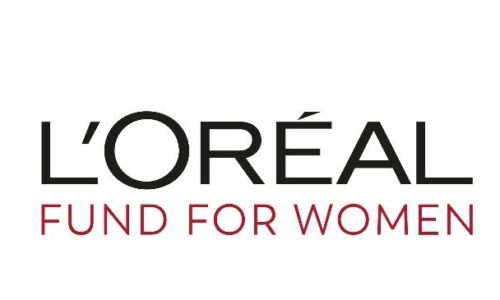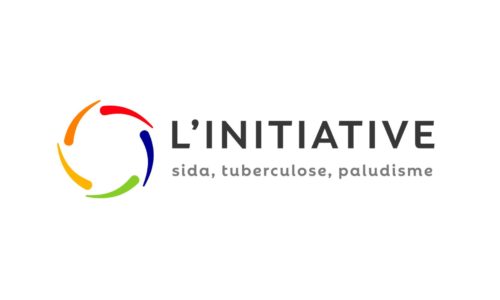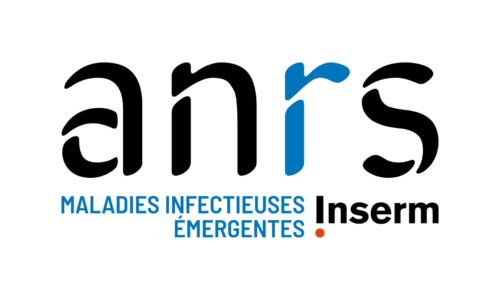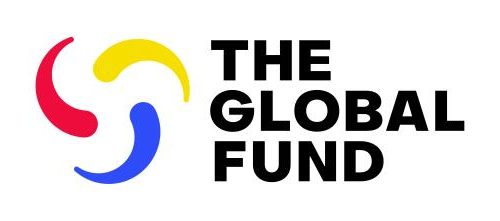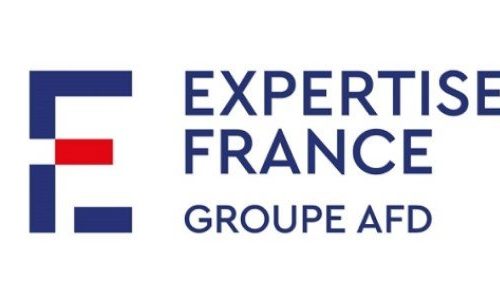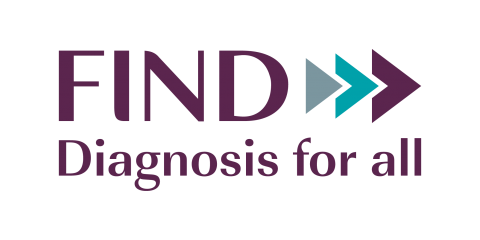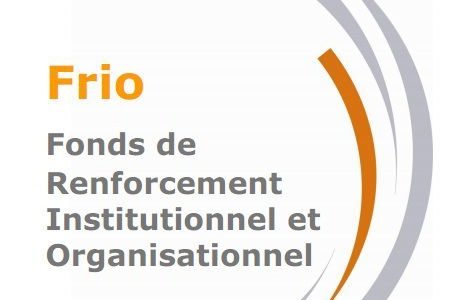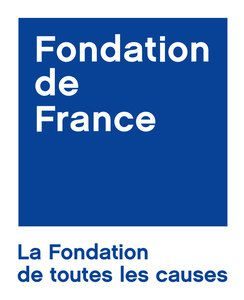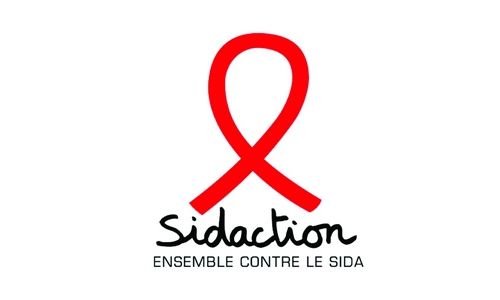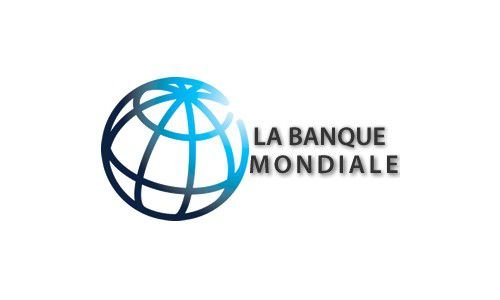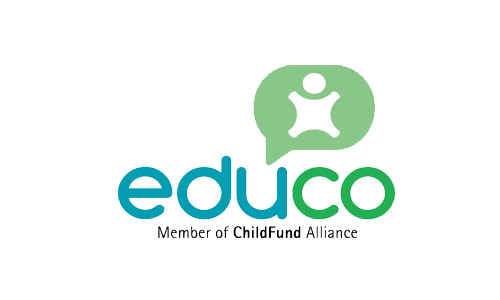SIERRA LEONEOur areas of expertisePromoting Sexual and Reproductive Health and Rights

Context :
- In 2019, 21% of teenage girls in Sierra Leone had a child or were pregnant, and 82% of these pregnancies were unwanted (DHS 2016).
- In 2019, Sierra Leone had 717 maternal deaths per 100,000 births, one of the highest rates in the world. An estimated 40% of these maternal deaths occur in adolescent girls, with obstetric complications representing the 1st cause of death in this population (DHS 2019).
- Early pregnancy exposes adolescent girls to high risks of obstetric complications and maternal mortality, as well as stigmatisation and social and family rejection.
- Gender-based violence (GBV) affects 53% of women over the age of 15 in Sierra Leone, increasing the risk of early pregnancy.
- Excision is still common, affecting around 90% of women.
- Shortcomings in the training of carers, the organisation of healthcare structures and the lack of referral systems complicate care provision.
- Policies exist, such as the national strategy to reduce teenage pregnancies, but they are not sufficiently implemented.
- Social norms and the domination of the medical establishment limit the autonomy of adolescent girls and young women in managing their own health.
Key project informations :
| Project duration | 2,5 years (March 2025 – December 2027) |
| partners |
|
| Beneficiaries | Direct beneficiaries : In total, more than 200 people will benefit directly from the project.
Indirect beneficiaries :
|
| Source of financing | AFD |
| Country of intervention | Sierra Leone |
General objective :
To help reduce maternal and neonatal mortality and morbidity in two districts of Sierra Leone.
Expected results :
- R1: Adolescents and young people in the target areas have improved their knowledge and skills in SRH and gender equity.
- R2: The supply of SRH care and services is better adapted to the needs of young people and of higher quality in the project areas.
- R3: The tools developed, the knowledge generated and the good practices identified are shared with national, regional and EU stakeholders.
